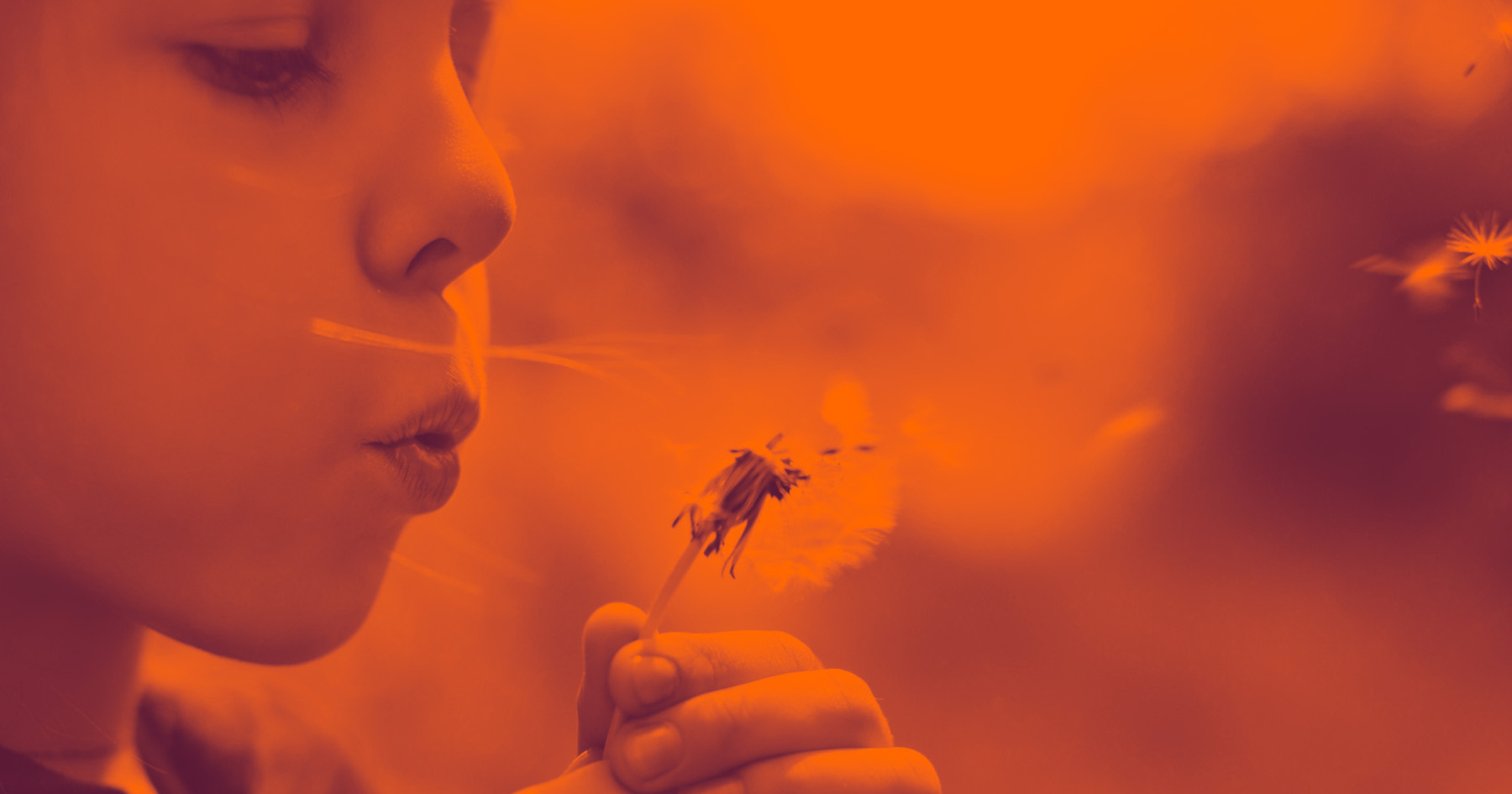What do my lungs do?
We need oxygen so that our body can turn food into energy, which we need for growth, repair and movement. Your lungs take in oxygen from the air you breathe in and move it into your bloodstream, so that it gets to every part of your body.
When your body produces energy, it also makes a gas called carbon dioxide as a waste product. This is also released into the bloodstream. Your lungs get rid of this waste gas when you breathe out.
This process is called gas exchange.
Your lungs are part of your respiratory system, which makes breathing and gas exchange possible.
What are the parts of the respiratory system?
The airways
When you breathe in air through your nose or mouth, it passes through your windpipe. The windpipe is also called the trachea.
The windpipe divides into two airways called bronchial tubes or bronchi. There is one bronchial tube for each lung. The bronchial tubes branch off into smaller tubes called bronchioles.
At the end of the bronchioles, there are tiny air sacs called alveoli. These are where gas exchange happens. You have hundreds of millions of alveoli in each of your lungs.
The lungs
Your lungs are soft and look like two spongy balloons. They sit in your chest, on either side of your heart.
Your lungs are made up of areas called lobes. Your left lung is smaller than your right because it shares the left side of the chest with your heart. Your right lung has three lobes and your left lung has two.
The pleura
The pleura is a thin covering (membrane) that surrounds your lungs. It is in two layers, with a liquid called pleural fluid in between. Pleural fluid helps your lungs move freely when you breathe in and out.
Bones and muscles
Your lungs and heart are protected by your ribs, which are bones that form a cage in your chest.
In between your ribs, there are muscles called intercostal muscles. Below your ribs, there is a muscle called the diaphragm. These muscles help breathing.
How does breathing work?
Breathing in
When you breathe in, your diaphragm moves downwards. Your intercostal muscles move your ribs upwards and outwards. This means there is more space in your chest, and air is sucked into your lungs to fill the space.
Breathing out
When you breathe out, the diaphragm relaxes and moves back up. The intercostal muscles relax, and your ribs move downwards and inwards. This means there is less space in your chest, so air is forced out.
How is breathing controlled?
Usually, you don’t have to think to breathe. It happens automatically.
There are sensors in different parts of your body that send signals to your brain to control your breathing. For example, sensors in your arms and legs send signals to increase how much you breathe when you’re exercising.
Feeling short of breath from time to time is normal, but sometimes it can be a sign of something more serious, like a lung condition. We have more information on breathlessness.
How does oxygen get into the blood?
When you breathe in, air travels down your windpipe and into your lungs. It passes through the bronchial tubes into tiny air sacs called alveoli.
The alveoli are surrounded by tiny blood vessels called capillaries. When you breathe air in, oxygen from the air moves into your blood. Carbon dioxide in your blood moves into the alveoli and you breathe it out.
Oxygen combines with a protein in the blood called haemoglobin, which carries it to all the parts of your body.
The capillaries and the alveoli have very thin walls so that gases can move through them easily.
What else do my lungs do?
Your lungs don’t just carry out gas exchange. They also help to stop unwanted materials from getting into your body
Your airways produce a thick substance called mucus. Mucus traps dust, germs and toxic material.
Your airways are lined with tiny hairs called cilia. The cilia constantly waft, pushing mucus into your throat. When you cough or swallow, the mucus is removed.
How can I protect my lungs?
There are lots of things you can do to help protect your lungs. These include:
1. Stop smoking
If you smoke, stopping smoking is the best thing you can do for your lungs and your overall health. Your healthcare professional and pharmacist can help you find ways that make it easier for you.
We have more information to help you stop smoking.
2. Keeping active
Regular physical activity strengthens your lungs and muscles so they work more efficiently. If you have a lung condition, keeping active can help reduce your symptoms and increase your quality of life.
We have support for keeping active with a lung condition.
3. Eating well and staying a healthy weight
Eating well can help your muscles and immune system stay strong. It can also help prevent chest infections, keeping your lungs healthy.
It’s also important to stay a healthy weight. Being overweight or underweight can make it harder for your lungs and respiratory system to work properly.
We have information about healthy eating and staying a healthy weight when you have a lung condition.
4. Avoiding pollution
Air pollution is harmful to your lungs and airways. It can cause irritation and make it harder to breathe. Being exposed to air pollution over a long period of time increases your risk of developing lung conditions.
We have information on air pollution and how to lower your risk.
Indoor air pollution, whether at home or work, can also cause lung problems like infections and chronic obstructive pulmonary disease (COPD). There are lots of practical ways you can avoid pollution in your home or workplace.










